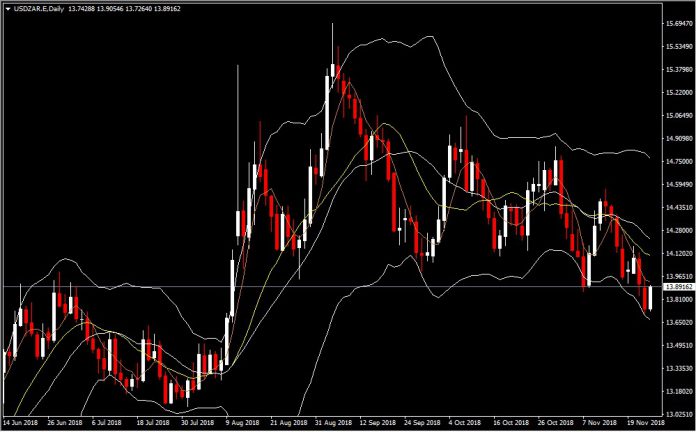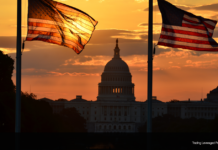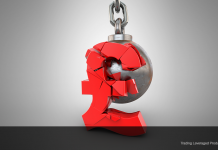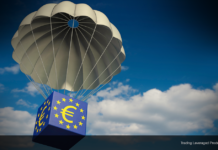The short answer is no. But allow me to elaborate.
South Africa has not been economically happy over the past months. The government’s proposal to expropriate land from white owners caused Donald Trump’s reaction, while it further pushed the economy down a recessionary spiral, with the first two quarters of the year registering a significant contraction. Macroeconomic indicators recorded mixed responses as the CPI remained unchanged while the unemployment rate edged up to 27.5% in Q3, compared to 27.2% in Q2.
The South African Reserve Bank (SARB) attributed the rate hike to a need to curb inflation, which, according to its estimates, should average about 4.7% in 2018, down from an initial 4.8% forecast. Furthermore, they expect the negative output gap caused by the recession to close by 2020, even though they admit that it is wider than during the previous MPC meeting.
Ahead of the hike, analysts had commented that easing oil prices and the recovery of the Rand should grant some time to the Reserve Bank to assess the state of the economy and, if all goes well with the GDP and inflation releases in the first days of the coming month then a rate hike should have been expected in January.
Still, it feels that the SARB decision was a tad too premature. The Rand has gained about 12% from the Dollar since its September peak, in a clear downwards channel, and the drop in oil prices has probably benefited the economy, given that crude and refined petroleum accounts for about an eighth of the country’s imports. Still, it is yet unknown whether South Africa has exited the recession, even though it is likely that the Central Bank possesses more information than the rest of the world.
All in all, the rate hike could have been postponed until next year, without any major disruptions in the economy, given that the practical difference between a 4.7% inflation and a 4.8% one is zero. At this point though, the SARB is risking having a rate reduction if the economy remains in a recessionary state, something which could actually depreciate the ZAR and end up hurting the economy, especially if oil prices start to increase again. This would have all been avoided if the SARB just waited for a couple of months.
The SARB has made an unnecessary gamble. If it works then great, but the recession would have possibly ended even if the rate was not hiked. However, if it does not, then the situation may evolve much worse than previously expected.
Dr Nektarios Michail
Market Analyst
HotForex
Disclaimer: This material is provided as a general marketing communication for information purposes only and does not constitute an independent investment research. Nothing in this communication contains, or should be considered as containing, an investment advice or an investment recommendation or a solicitation for the purpose of buying or selling of any financial instrument. All information provided is gathered from reputable sources and any information containing an indication of past performance is not a guarantee or reliable indicator of future performance. Users acknowledge that any investment in FX and CFDs products is characterized by a certain degree of uncertainty and that any investment of this nature involves a high level of risk for which the users are solely responsible and liable. We assume no liability for any loss arising from any investment made based on the information provided in this communication. This communication must not be reproduced or further distributed without our prior written permission.



















